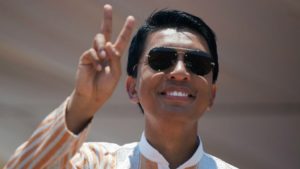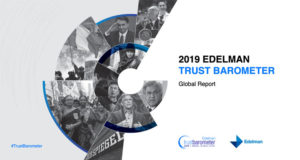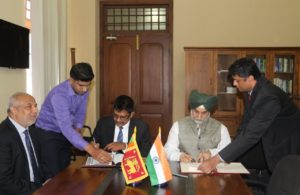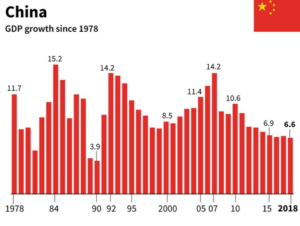VisionIAS
20:00

1) President Ram Nath Kovind Confers Pradhan Mantri Rashtriya Bal Puraskar 2019
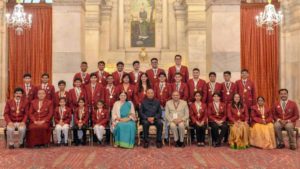
•Under National Child Welfare Awards category, 2 individuals and 3 institutions were awarded. The names of awardees were finalized by the National Selection Committee under the Chairpersonship of Minister of Women and Child Development, Maneka Sanjay Gandhi.
2) Government Constitutes NITI Aayog-led Committee To Monitor Pricing Of Drugs

•The Standing Committee on Affordable Medicines and Health Products (SCAMHP) will be the recommending body to the National Pharmaceutical Pricing Authority (NPPA). The committee will also include the chief economic adviser and other policymakers.
3) Andhra Pradesh Cabinet Decides To Give Quota For Kapus Community, EBCs

•It is believed that 54.61 lakh pensioners will be benefited from this decision. The cabinet decided to give exemption of life tax for autos and quarterly tax for tractors. It has also approved the proposal of motor vehicle tax arrears. In total 9.79 lakh vehicle owners will be benefited to the extent of Rs 66.50 crores.
4) Arunachal Government Declares Pakke Hornbill Fest As ‘State Festival’
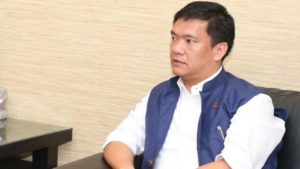
•He announced that Arunachal Pradesh Forest Department will fund the festival from 2020 and permanent infrastructure will be constructed for the festival ground. The PPHF festival was celebrated first time in 2015 to recognize the role played by the resident Nyishi tribe in conserving hornbills in the Pakke Tiger Reserve (PTR).
5) India Ranks 80th On Global Talent Competitiveness Ranking: Survey

•The top 3 countries in the list are:
1. Switzerland,
2. Singapore,
3. The United States.
6) JNPT Becomes Only Indian Port To Be Listed Amongst World’s Top 30 Container Ports
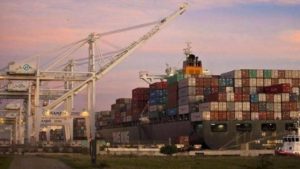
•This is a validation of all the efforts and strategic initiatives being implemented at JNPT in order to enhance overall port efficiency.
7) Vodafone Idea Board Approves Rights Issue for Rs25,000 crore

•The fund infusion will come at a time when it is critical for the company to raise resources to compete in the telecom market disrupted by the entry of Reliance Jio in September 2016, which brought down tariffs, hitting revenue streams of other operators.
8) Rishabh Pant Named ICC Emerging Player Of The Year
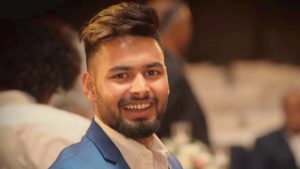
•With an unbeaten 159-run knock in the 4th Test in Sydney, Rishabh Pant became the first Indian wicket-keeper to score a Test century in Australia. Earlier, he equalled the record for the most catches taken in a Test with 11 against Australia in Adelaide in December.


